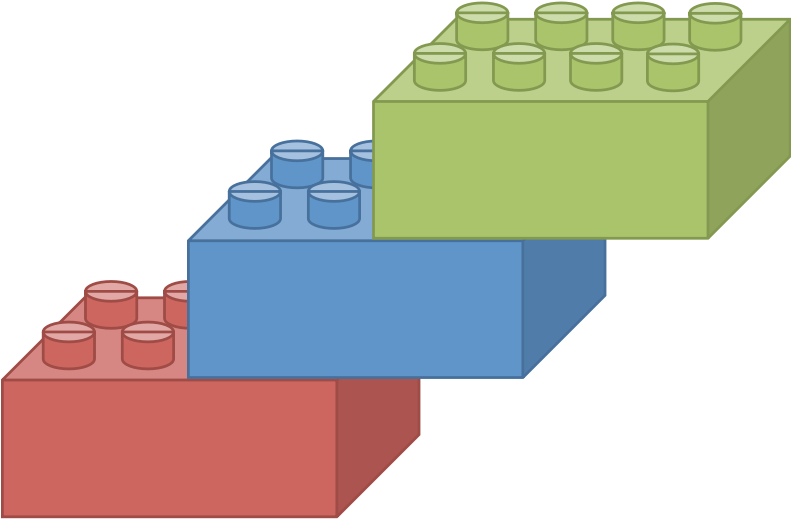
BLOCK implements the density matrix renormalization group (DMRG) algorithm for quantum chemistry.
This version Block-1.1.1 is not maintained anymore. The DMRG code has been rewritten for better memory and computational efficiency. The project was moved to bitbucket and released as Block-1.5. Source code and manual of Block-1.5 can be found here.
New features
Version 1.5
- Optimized memory usage and efficiency
- Supported (OpenMP) threads and shared memory
Version 1.1 (alpha)
- DMRG-CASSCF: close integration with PySCF (up to about 40 orbitals and 3000 basis functions)
- DMRG-NEVPT2 (up to about 24 orbitals and 1200 basis functions with PySCF)
- DMRG-NEVPT2 with compressed MPS perturber (up to about 30 orbitals and 1200 basis functions through PySCF)
- 1, 2, 3, 4-particle density matrices
- 1, 2-particle transition density matrices
FAQ
Should I update to Block-1.5 (stackblock)?
We highly recommend you to move to Block-1.5 for many reasons:
-
Bugfix. We fixed many bugs in Block-1.5. Calculations, especially NEVPT2, are more stable in Block-1.5.
-
Performance. Block-1.5 can be 1.5 to 5 times faster than Block-1.1. The speed up is significant for small systems.
-
Maintenance. Block-1.5 is the long-term project that we'll invest energy to maintain. We'll not spend time to fix problems that only exist in Block-1.1.
Where can I get Block-1.5?
You can download the source code or the binary executable from online manual. If you are using DMRG for chemistry problems, we recommend to use Block-1.5 with its interface in PySCF program. The Block programs in Molpro, ORCA and QChem are Block-1.1. We are working to port Block-1.5 program to these quantum chemistry packages.
Can I use the input of Block-1.1 in Block-1.5?
Yes. Input files (FCIDUMP and dmrg.conf) of Block-1.1 can be used in Block-1.5 without any changes. Block-1.5 provides new keywords num_thrds and memory to control the number of threads and the total memory to use.
num_thrds 8
memory, 40, gNote these keywords are not recognized in Block-1.1 and they will cause Block-1.1 crashing.
Is wave-function format compatible in block-1.1 and block-1.5?
No. Block-1.1 and Block-1.5 have different data format for wave-function. You're not able to use wfn files of Block-1.1 to restart calculation in Block-1.5 and vice versa.
Why does my Block-1.5 crash for multiple threads while it works all right with Block-1.1 and single-thread Block-1.5?
It is mostly due to the memory size you specified in the input. In Block-1.5, operators are held in memory within the limits you specified in the input (or 2GB/proc). The memory is shared by all threads of the process. If you specify many threads (num_thrds keyword) in your calculation, you should increas the memory size accordingly.
How to cite Block
Block is distributed under the GNU GPL license which is reproduced in the file LICENSE.
In addition, Block contains a full copy of the Newmat C++ matrix library by Robert Davies.
We would appreciate if you cite the following papers in publications resulting from the
use of Block:
- G. K.-L. Chan and M. Head-Gordon, J. Chem. Phys. 116, 4462 (2002),
- G. K.-L. Chan, J. Chem. Phys. 120, 3172 (2004),
- D. Ghosh, J. Hachmann, T. Yanai, and G. K.-L. Chan, J. Chem. Phys., 128, 144117 (2008),
- S. Sharma and G. K-.L. Chan, J. Chem. Phys. 136, 124121 (2012).
- S. Guo, M. A. Watson, W. Hu, Q. Sun, G. K.-L. Chan, J. Chem. Theory Comput. 12, 1583 (2016)
In addition, a useful list of DMRG references relevant to quantum chemistry can be found in the article above by Sharma and Chan.